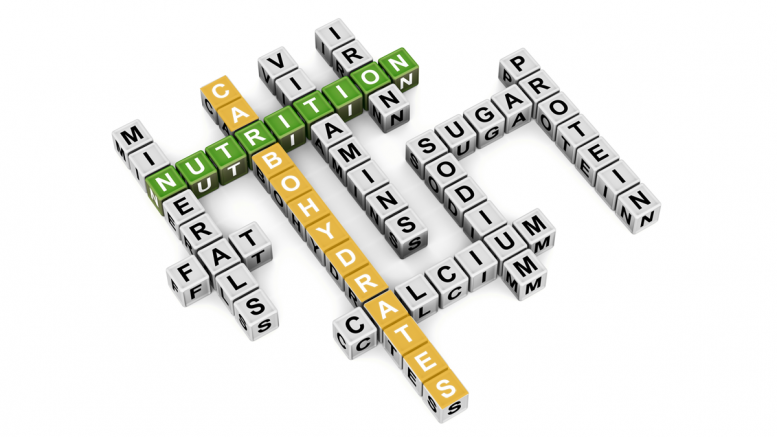Question:
I have noticed that things in the phe books list many things with lots of sugars and sodium have the lowest phe in them and that a lot of recipes contain lots of sugary type and sodium type ingredients. How can all that be healthy for your body. I am worried that this will eventually turn into a bad thing for consumption. I have asked the dietitians and the response is that your body adjusts so it won’t affect you like it would if you did not have PKU. Doctors have also been asked but not really giving a conclusive answer.
Response:
This is a great question! The PKU diet is classically rich in carbohydrates, low in certain subsets of fat, and low in certain minerals and vitamins. Medical formula is fortified with these nutrients to augment the nutrients missing from the diet.
In any restricted diet (even a calorie-restricted diet designed to lose weight), one nutrient is substituted by another. In PKU, protein is restricted and carbohydrates, including sugar, is added. Sodium may also be higher in the PKU diet due to the use of processed foods (shelf-stable items and medical foods). To reduce sodium, choose more fresh fruits and vegetables, and try to cook (and freeze) more foods, rather than buying prepared items.
The biggest challenge in answering your question is that we don’t have enough research data to inform us about health risks in PKU (except the risk of going off diet). We do not have multi-center, large study population, or long-term data to review. We literally do not yet know what will be the “average risk” for an aging population of people with PKU who have been on diet or other medical therapy all of their lives.
How does the body of someone with PKU handle the extra carbs in the diet?
Our pancreas can manage the carbs we eat by adjusting and increasing insulin in the blood. Insulin is the gatekeeper of blood sugar — allowing it to enter the cells of the muscle for energy. This probably what your dietitian was referring to: our bodies do adjust. What we need to know is what effect a lifelong high-carb diet will have on insulin levels and if that will change our risk for diabetes. In other words, is having chronically high insulin levels because of a chronically high carb diet a bad thing for people with PKU? Short answer: we need more studies (We hate that answer too, it just happens to be correct). This may include university-driven studies, but the PKU Registry is also an important body of data that can help us answer these questions.
A Spanish PKU group published results of a recent study¹ where the looked at diet and blood profiles specific to carbohydrates, insulin, and blood sugar. They found a difference in the PKU group and insulin resistance (especially if one is an adult and has overweight or obesity). This is the type of study that we need to replicate and expand in order to make better recommendations about diet.
We also know that in the non-PKU population a high-sodium diet can lead to high blood pressure and heart disease. We know there are genetic predispositions to heart disease that play an important role as well. Within the PKU diet it makes sense to balance pre-made processed foods (generally higher in sodium) with freshly-made foods and fresh fruits & veggies. That is really the same for everyone, whether they have PKU or not: it’s better to eat more fresh than processed.
¹Carbohydrate status in patients with phenylketonuria
Couce, María L; Sánchez-Pintos, Paula; Vitoria, Isidro; María-José De Castro; Aldámiz-Echevarría, Luís; et al.Orphanet Journal of Rare Diseases; London Vol. 13, (2018). DOI:10.1186/s13023-018-0847-x
[symple_box color=”green” fade_in=”false” float=”left” text_align=”left” width=”100%”]ASK THE DIETITIAN is a feature of PKU News. It is not a substitute for medical advice, but a place to ask questions that might be useful to the entire community. Do you have a question? Ask it here. [/symple_box]


